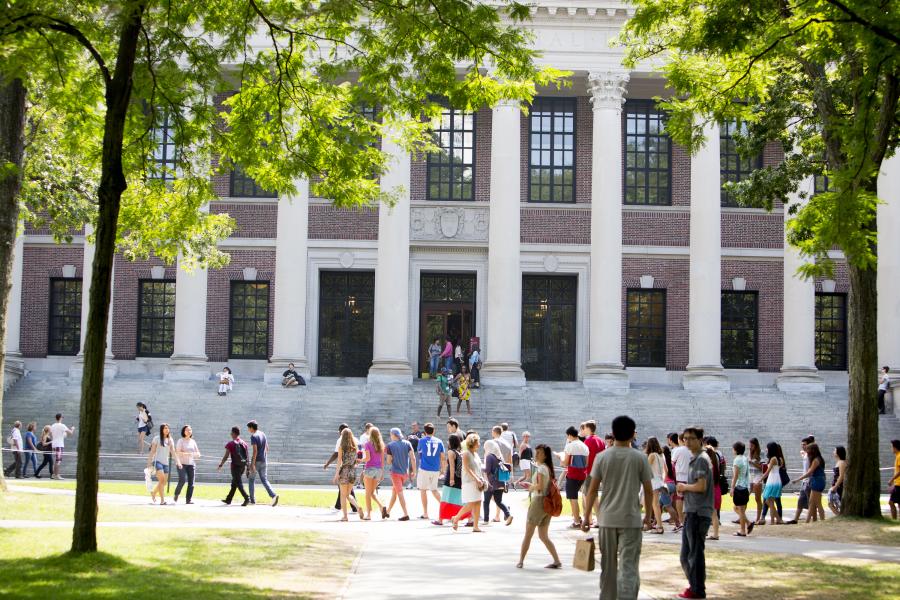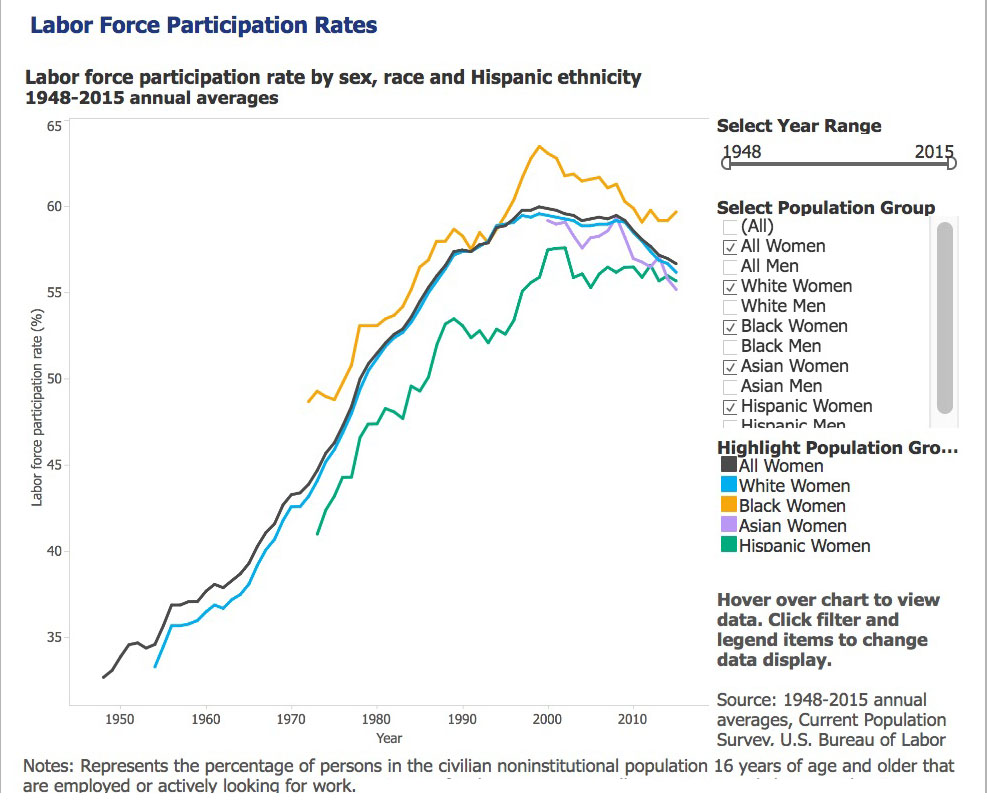
Is the time-honored tradition of Fraternities and Sororities coming to an end?
A committee announced on Wednesday, July 13, 2017, that they recommend that Harvard completely forbid students from joining “fraternities, sororities, and similar organizations.” They feel so strongly about it that they wish to replace existing penalties for members of the social groups that are set to go into place in the fall.
Harvard is not the first University who is grappling with the problems caused by these “private” clubs. Amherst College, Bowdoin College, and Williams College all prohibited undergraduate participation in fraternities, sororities, and similar organizations in recent years.
Undergraduate Council Vice President Cameron K. Khansarinia, class of 2018 said the proposed policy completely “takes away personal responsibility and choice” from College students—and that it is unlikely to be effective. “It’s simply going to either force [the clubs] underground or literally dry out any semblance of social life on campus,” Khansarinia said. “It’s really not the right way to go about this.”
The faculty needs to guide Harvard into the present-day realities and prepare students for life in a gender neutral world. This is an issue that needs to be addressed in most traditional colleges and society at large.

Several of the social clubs, for instance the “Fly Club” are seeking legal council on how they can fight the effort.
Statistics about rape point in a direction that something really needs to be done.
Rainn provides data that shows that sexual violence on campus is pervasive.
-
- 11.2% of all students experience rape or sexual assault through physical force, violence, or incapacitation (among all graduate and undergraduate students).2
- Among graduate and professional students, 8.8% of females and 2.2% of males experience rape or sexual assault through physical force, violence, or incapacitation.2
- Among undergraduate students, 23.1% of females and 5.4% of males experience rape or sexual assault through physical force, violence, or incapacitation.2
- 4.2% of students have experienced stalking since entering college.
Student or not, college-age adults are at high risk for sexual violence.
-
- Male college-aged students (18-24) are 78% more likely than non-students of the same age to be a victim of rape or sexual assault.1
- Female college-aged students (18-24) are 20% less likely than non-students of the same age to be a victim of rape or sexual assault.
University culture have a profound impact on overall culture around the world.
In June the Harvard Crimson reported:
Harvard College rescinded admissions offers to at least ten prospective members of the Class of 2021 after the students traded sexually explicit memes and messages that sometimes targeted minority groups in a private Facebook group chat. A handful of admitted students formed the messaging group—titled, at one point, “Harvard memes for horny bourgeois teens”—on Facebook in late December, according to two incoming freshmen. In the group, students sent each other memes and other images mocking sexual assault, the Holocaust, and the deaths of children, according to screenshots of the chat obtained by The Crimson. Some of the messages joked that abusing children was sexually arousing, while others had punchlines directed at specific ethnic or racial groups. One called the hypothetical hanging of a Mexican child “piñata time.”
No one would dispute that people who engage in threatening deaths and child abuse and find it humorous or in anyway acceptable should not be let loose on society, much less on a top notch educational institution.
Is it time to think yet?
The “Fly Club” an all male institution retained an attorney who made some interesting points in an op-ed in 2016. Silvergate:
“The report acknowledged the correlation between alcohol-fueled partying and sexual assault, which we believe implies that forcing independent organizations to go co-ed would only lead to an increase in the high-risk encounters that lead to assaults. Their proposed alternative is to create a blacklist of non-complying organizations, thereby abridging the freedom of association—a bedrock principle of our nation’s constitution—for its very own students. This latter course of action is particularly galling: Harvard appears to be moving towards a policy that would expel students simply for membership in a club, while it simultaneously fails to properly adjudicate sexual assault cases. The University is blaming an entire class of students for the condemnable and illegal conduct of a small minority—a clearly backwards approach to community safety.”
He later goes on to state:
“We are witnessing a return to the College operating in loco parentis, as it attempts to both dictate social-sexual norms and limit students’ independence. Harvard bureaucrats continue to expand their numbers while also attempting to bring independent single-sex organizations, including the Final Clubs and the growing number of Greek letter organizations, under their control, if not to eliminate them entirely. Unlike past debates about sexual mores and student liberty at the College, undergraduate students appear unperturbed by, if not supportive of, this assertion of administrative control over their private lives, while the Faculty of Arts and Sciences seems to have little influence with regards to the issue. The administration is leveraging the current political climate to achieve policy goals that will unfortunately do little to prevent sexual assault, but will certainly make Harvard more illiberal.”
In my opinion there is much to think about and the trend to have “Big Brother” forbid you to get drunk and rape people instead of encouraging public debates that allow a culture of inclusion, respect and with humanistic values to thrive voluntarily, is a debate that does and should go on and on until we all live in a free society in which everyone is safe from assault, and free to excel at their own personal highest level.
Equality in a society where women make up more than 1/2 of the work force is a must have. Being able to feel safe is a need that both women and men should be able to enjoy. How to accomplish that reality should really become part of the public debate. Forbidding public gatherings of like minded people may just drive the activity underground and it may be unconstitutional. Eliminating “wanna be” and actual racists and rapists should be a must for every educational institution. Racists and Rapists need therapy not more easy access to victims. However driving racist and misogynist attitudes underground may not be a long term solution for our society either.
When studying Victor Frankl someone who has experienced the worst of human kind in person while he was incarcerated by Nazis during the Holocaust, we may learn that we have to raise our expectations of each other and teach our young future leaders to thrive and foster their wish and their ability to create “Lives with Meaning”, people who are happy and content while working on making life better for everyone. This is what moves people to feel content. Busy and content leaders don’t have time to be jerks. Most jerks are either unhappy and insecure or are pathologically damaged. As we know from some of our current public leaders being a jerk does not make you popular and the ill manners actually make people more lonely and give them a craving for attention and love that will stay unfulfilled. Nobody likes these lonely jerk or brute. We have to aim higher for our students. We need to encourage them to be the better.
Maybe it is time to bring back the education that is deeply rooted in the Humanities that sets the aim high and encourages students to create a better world.